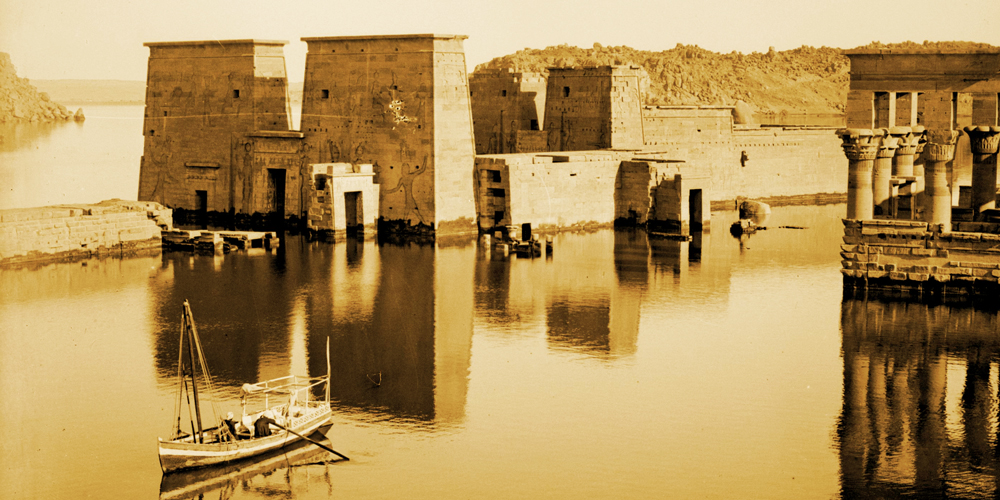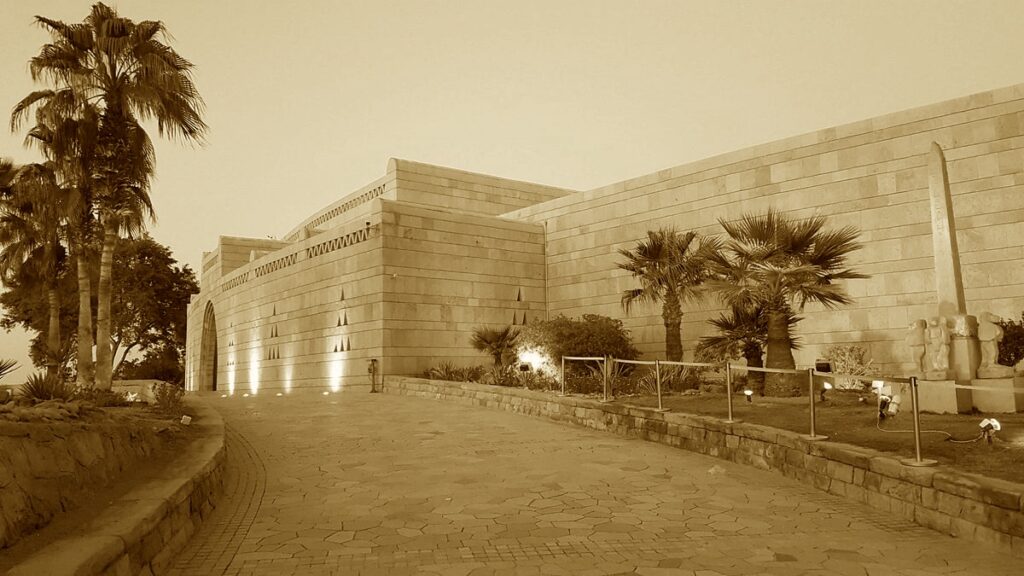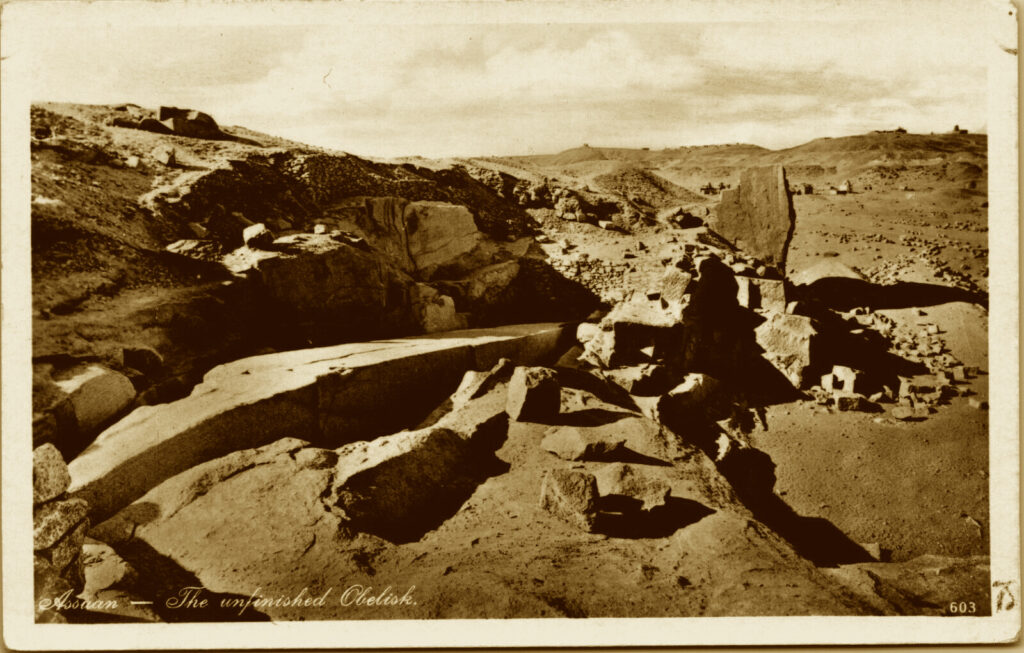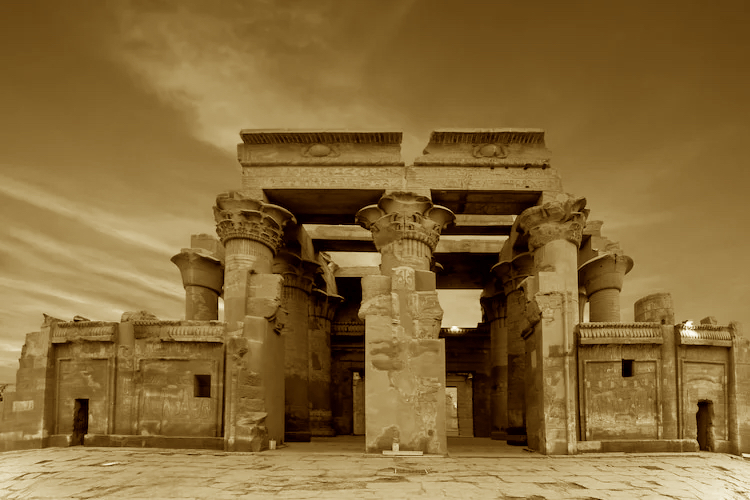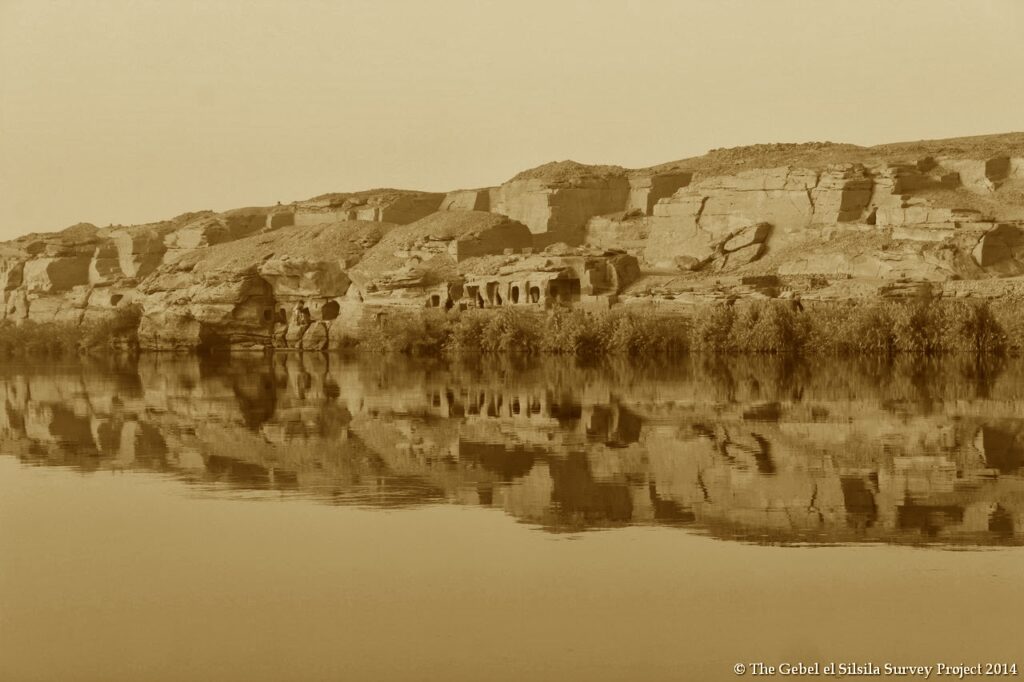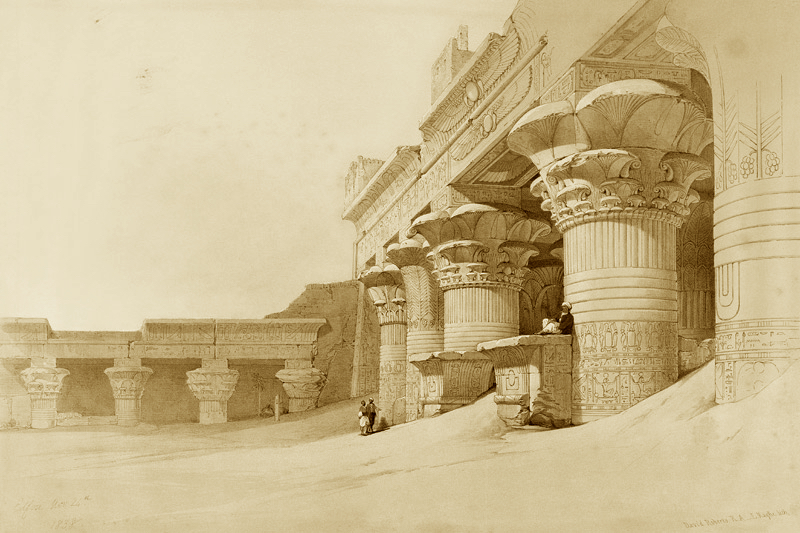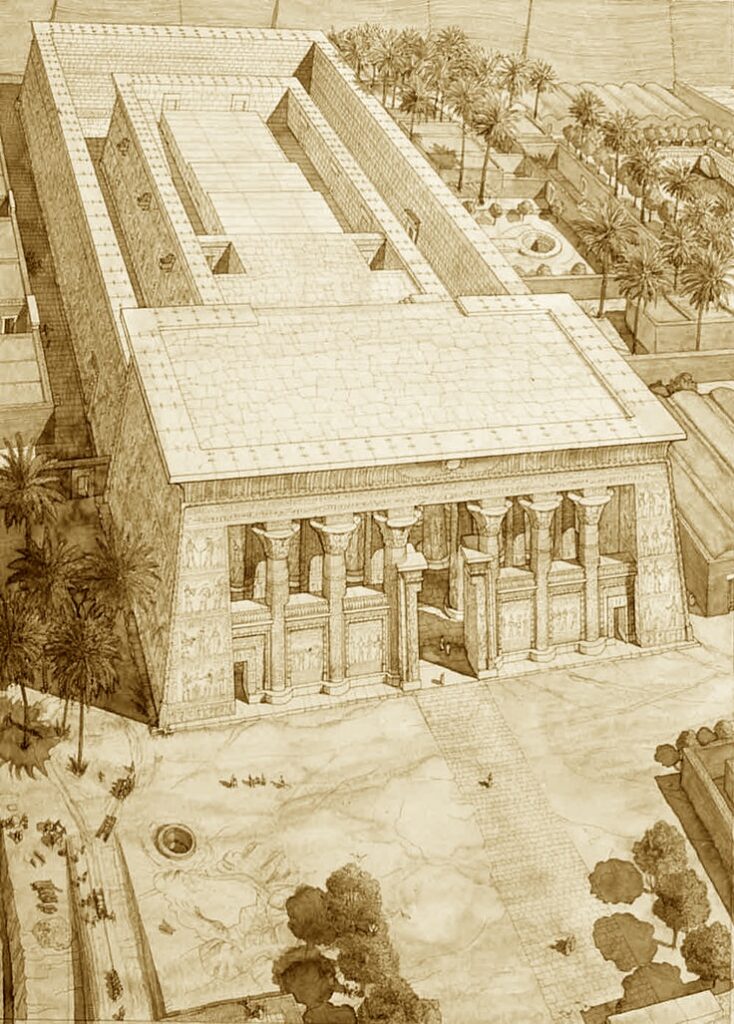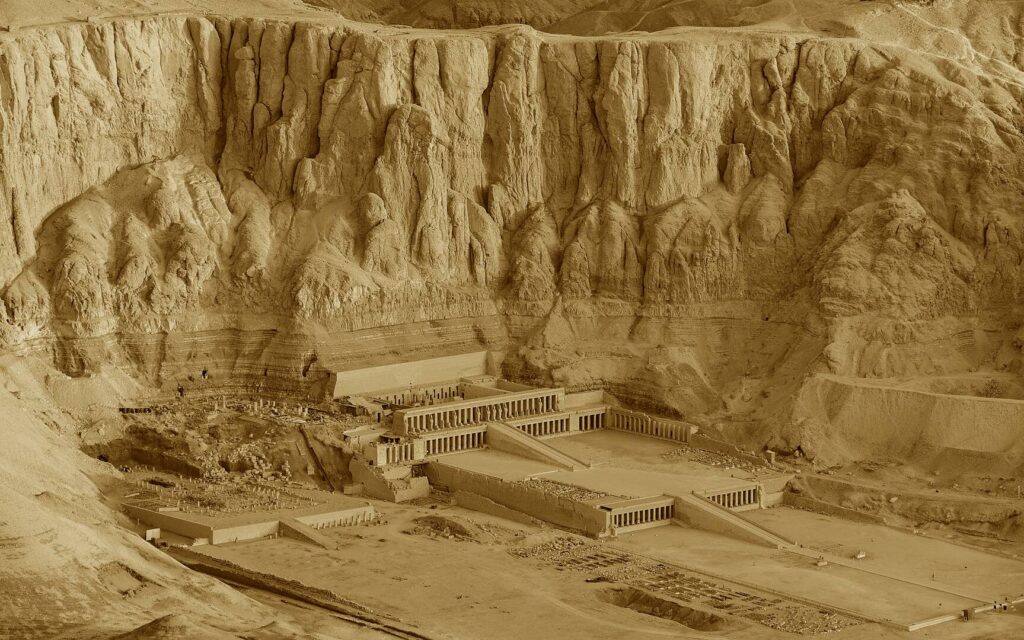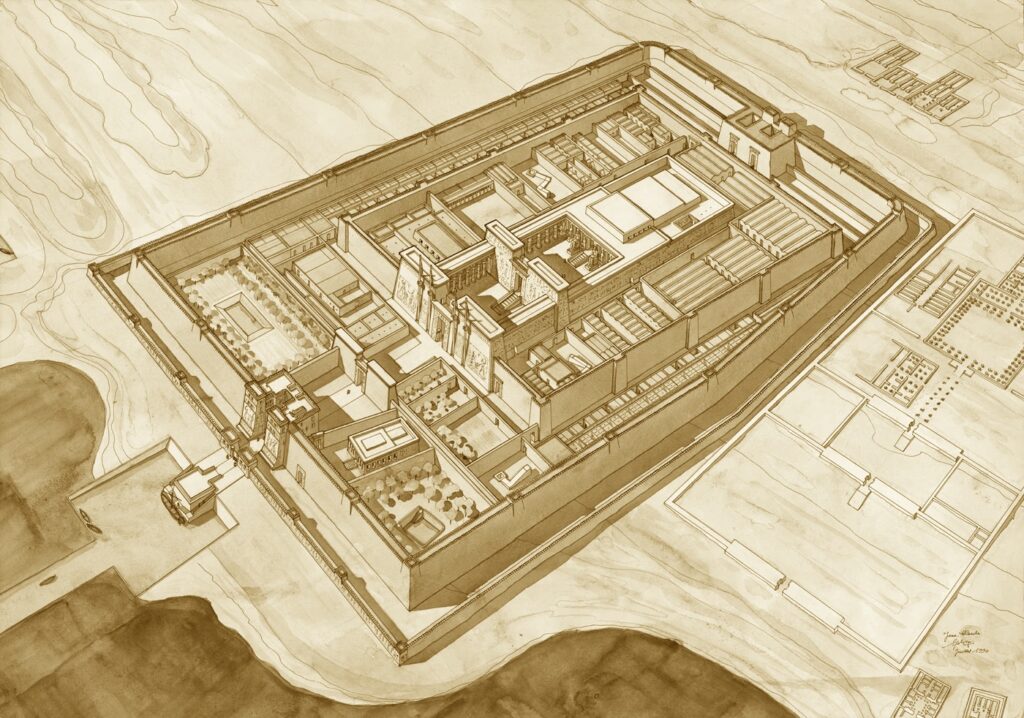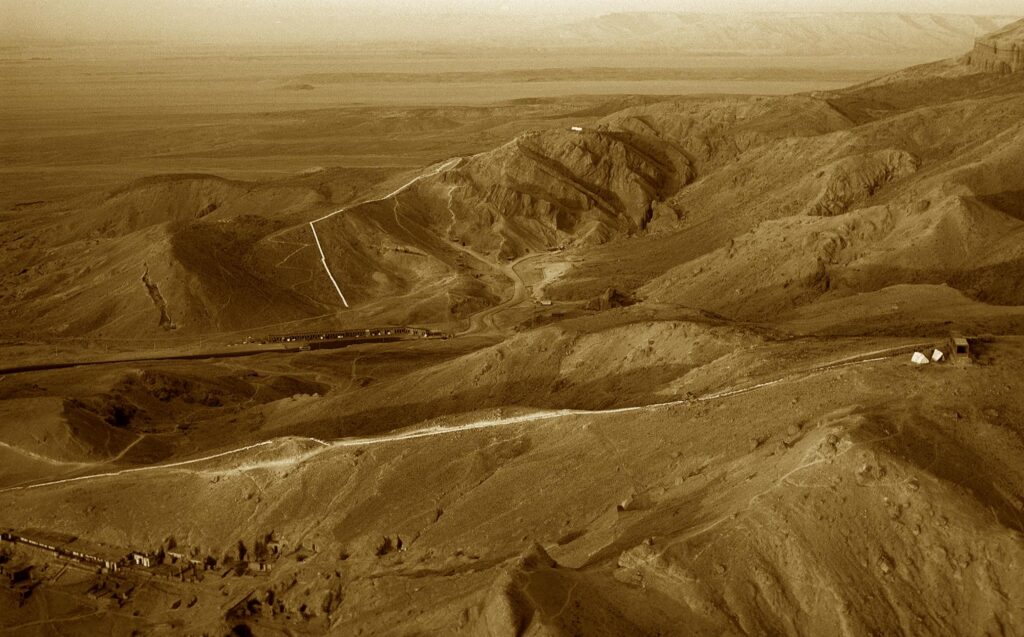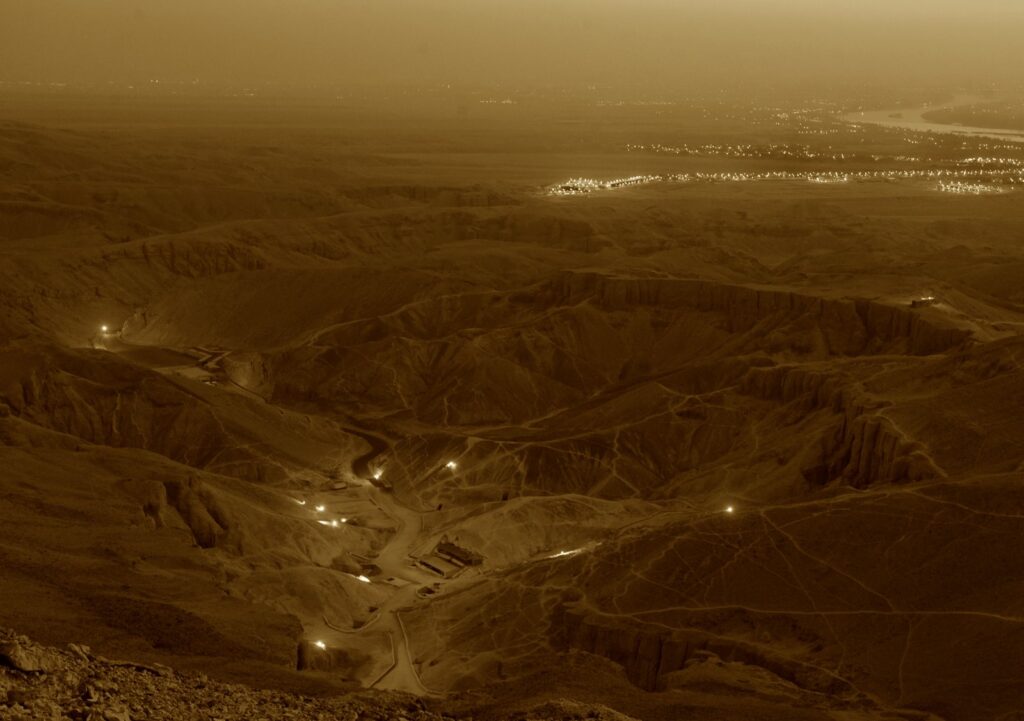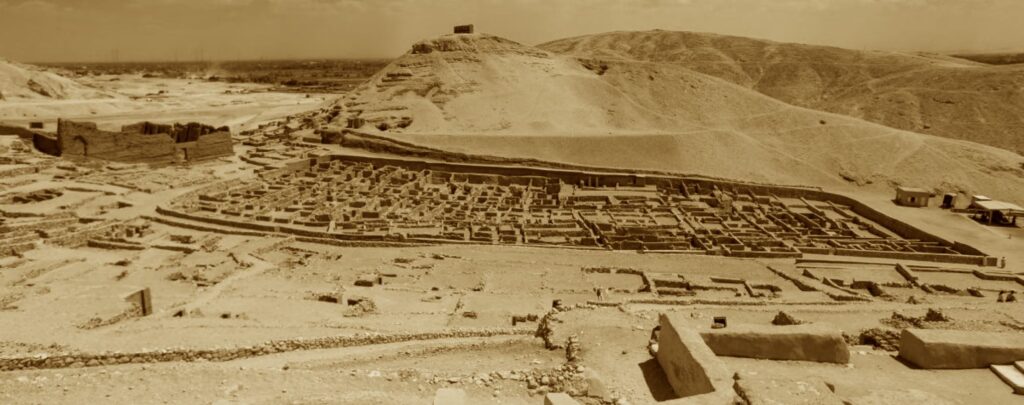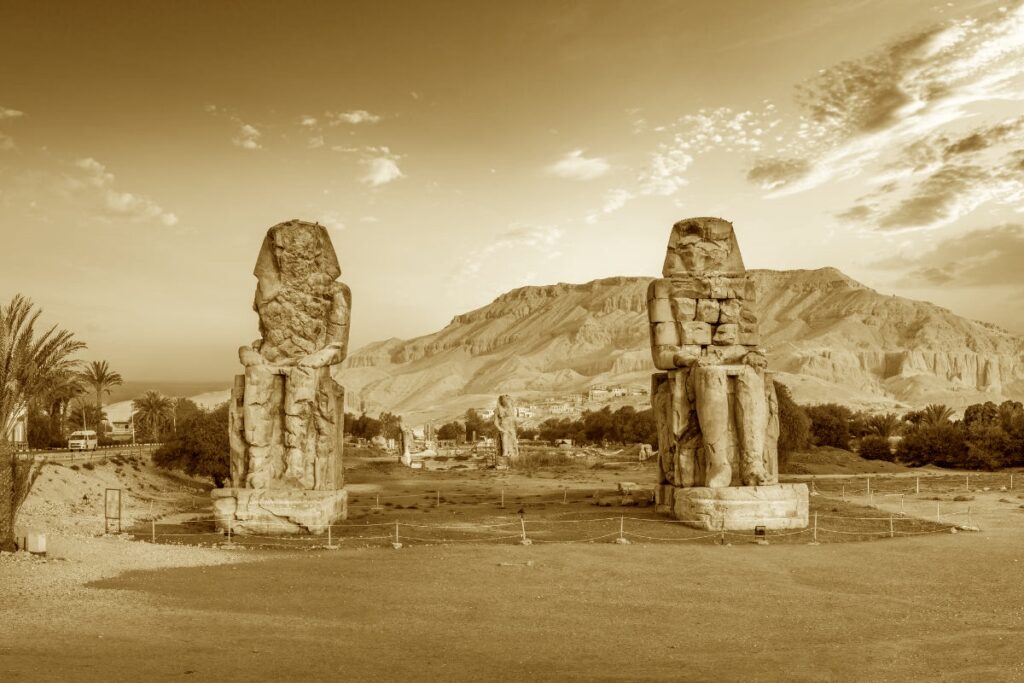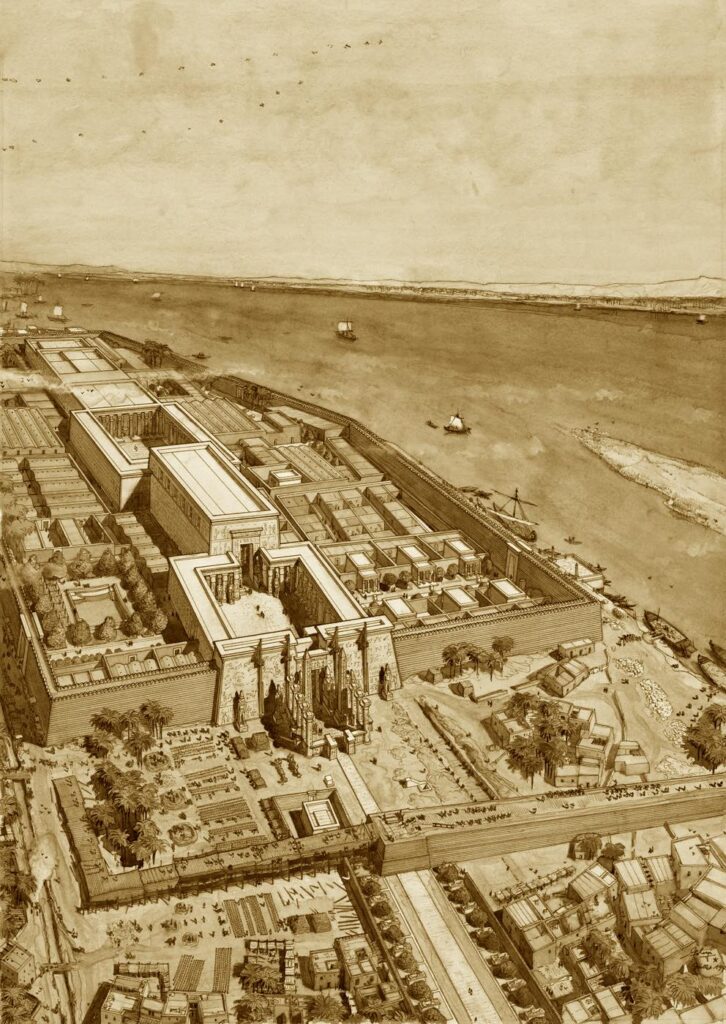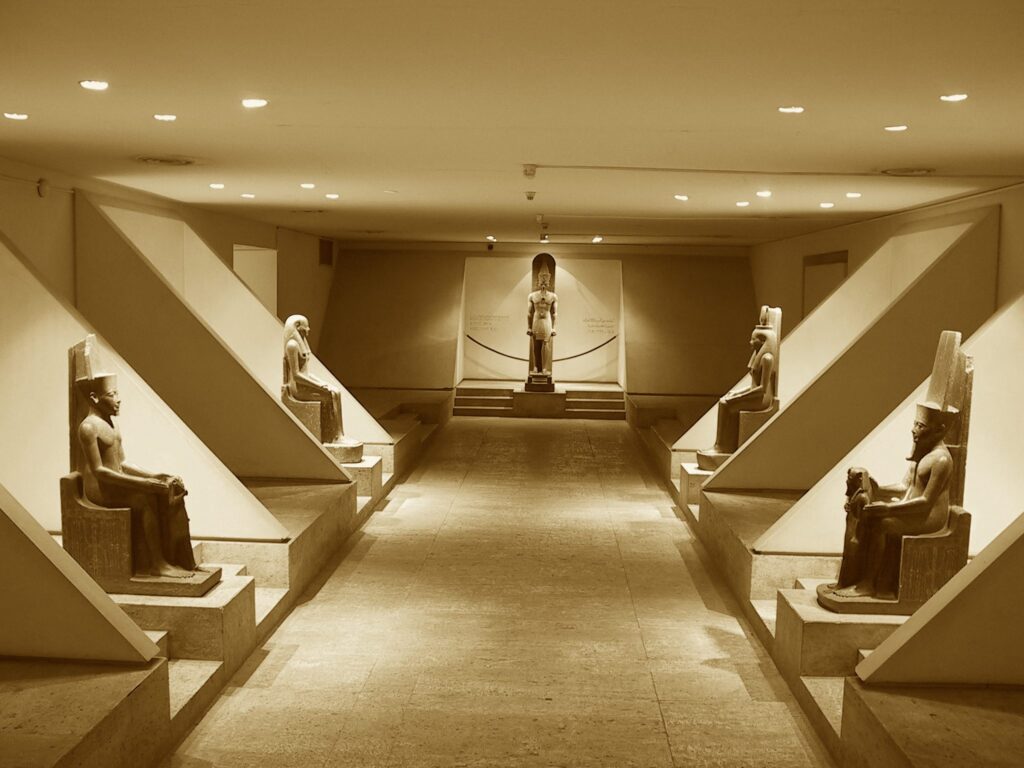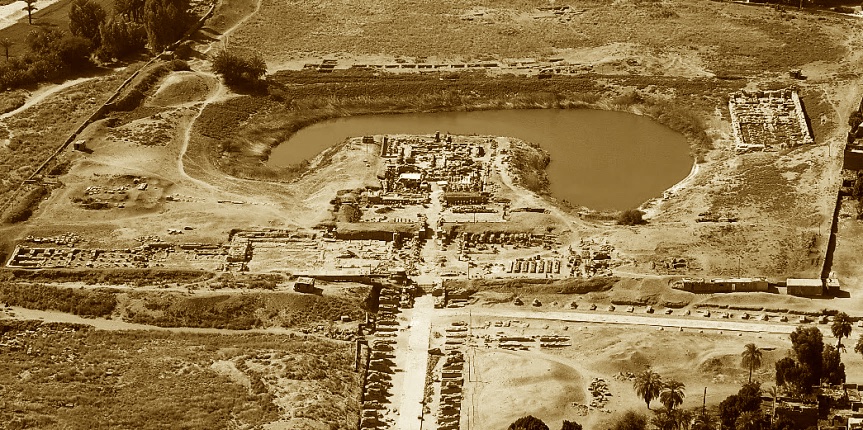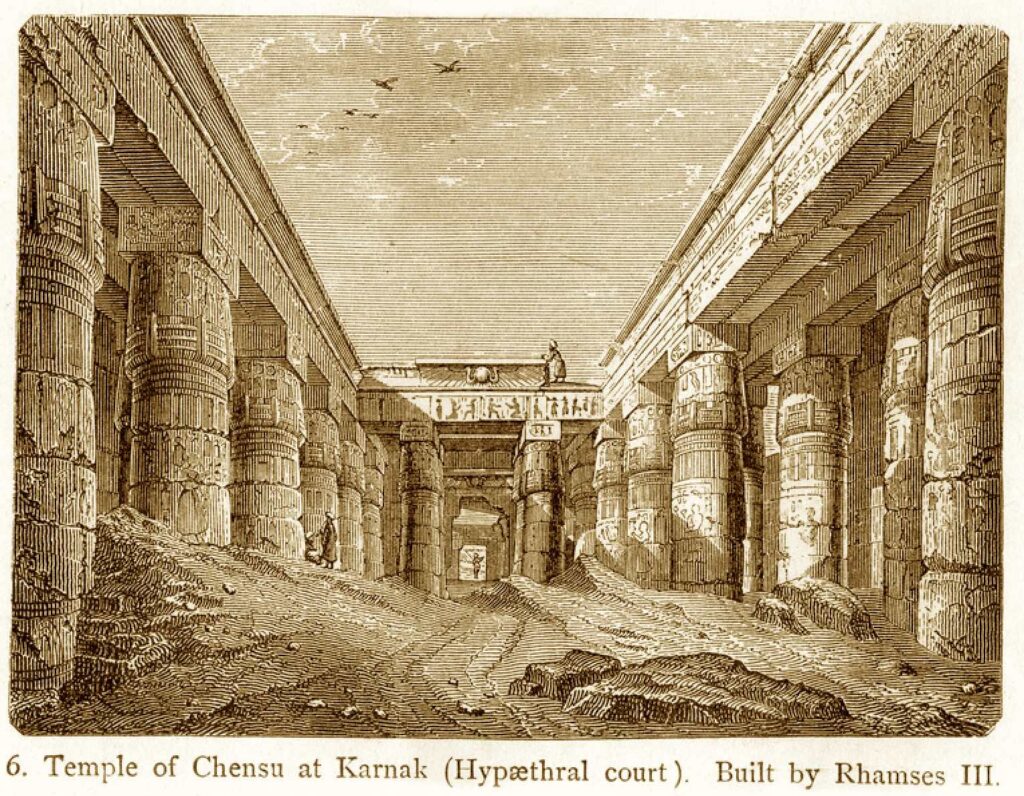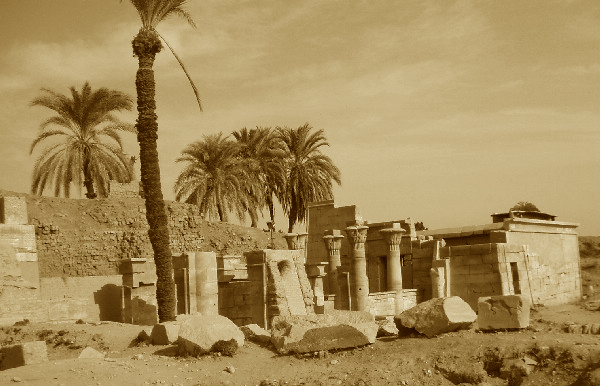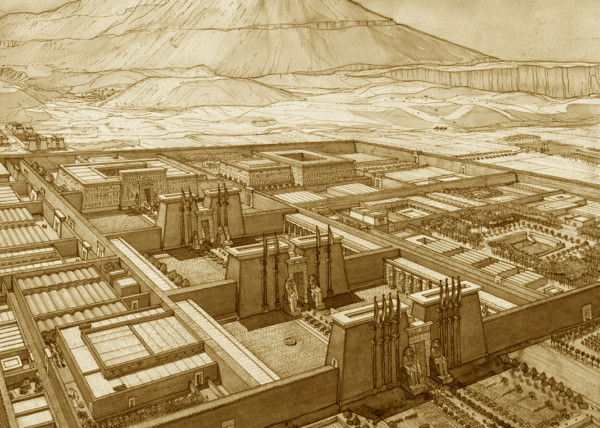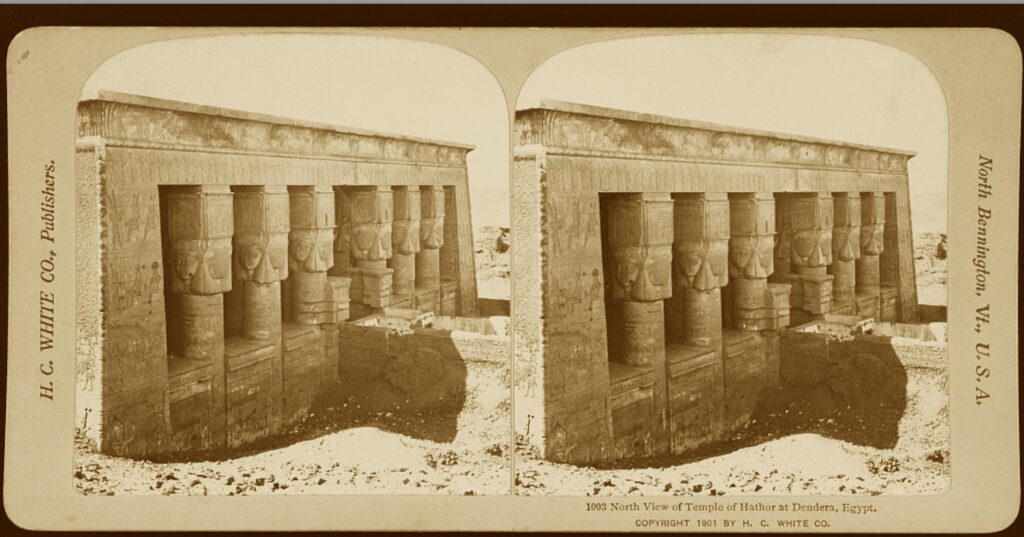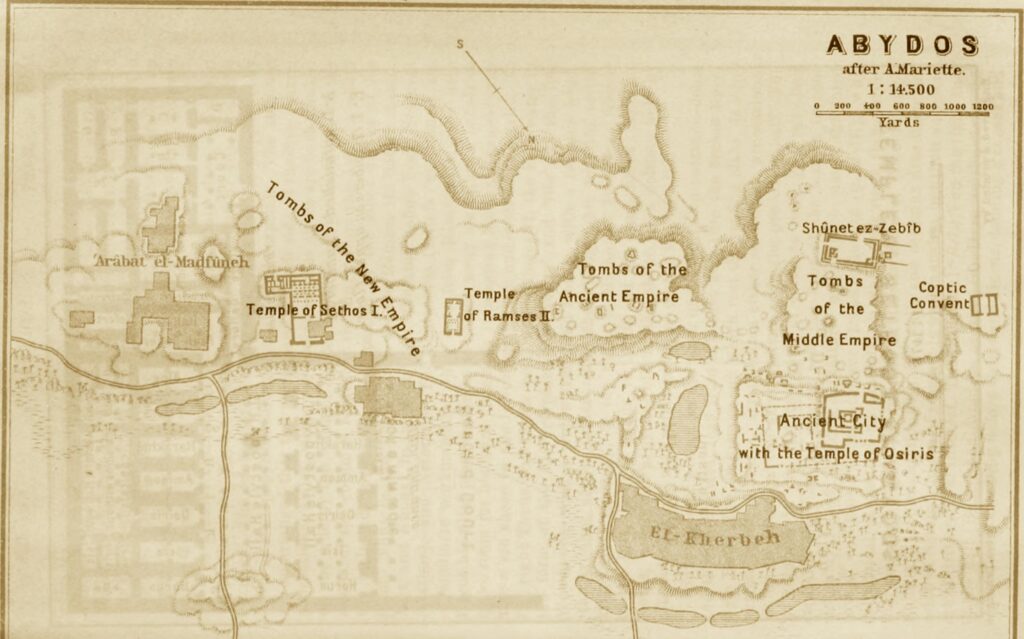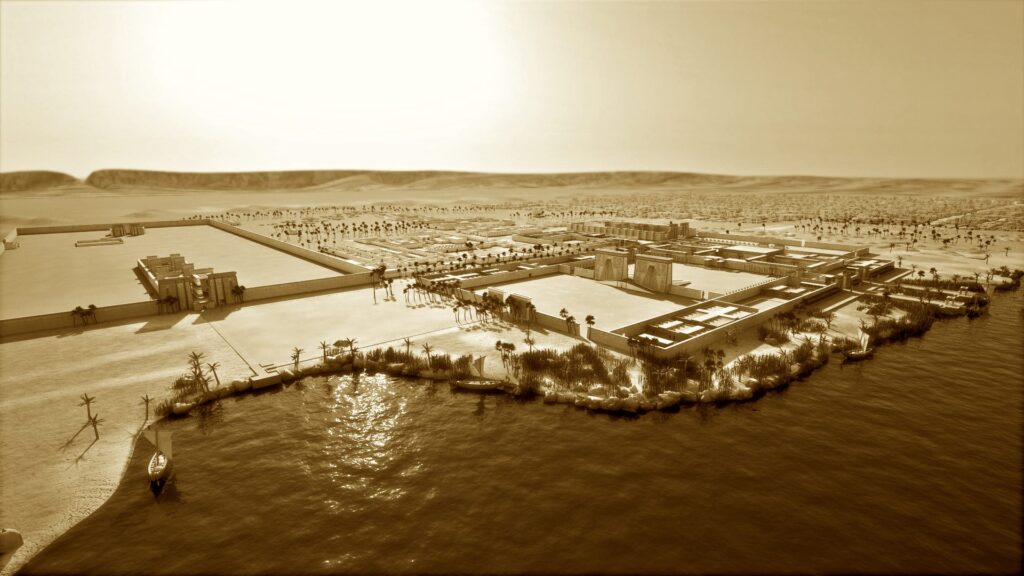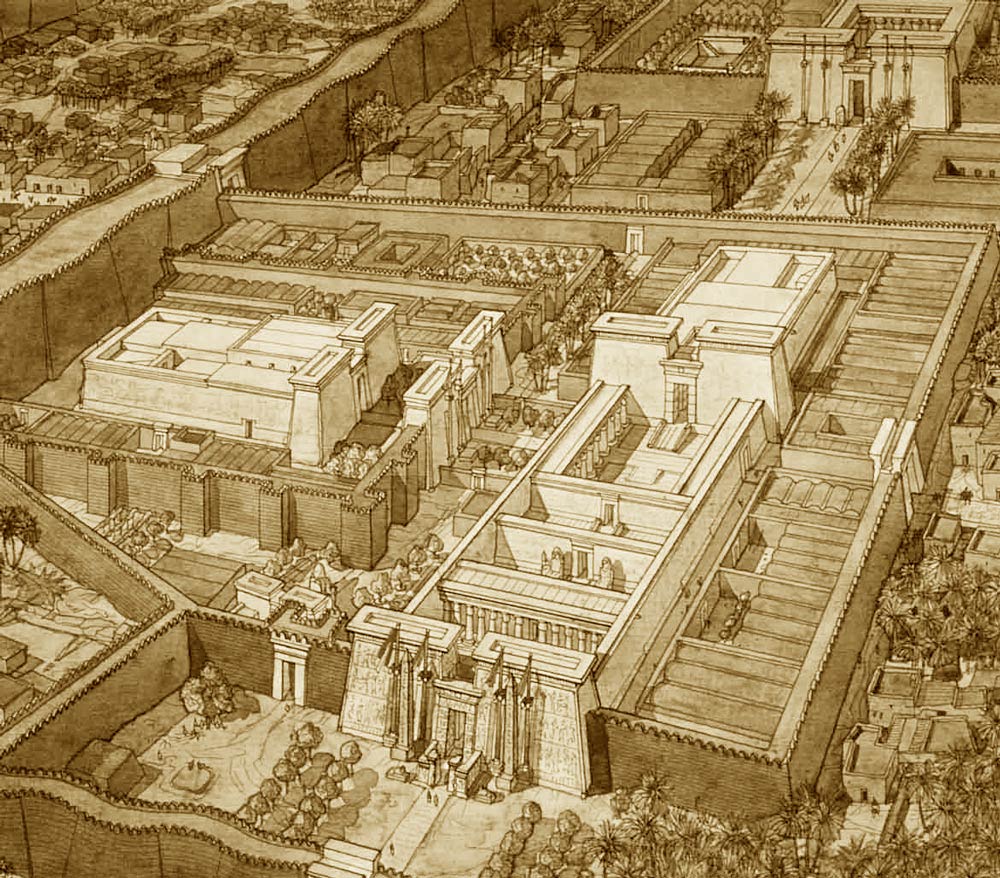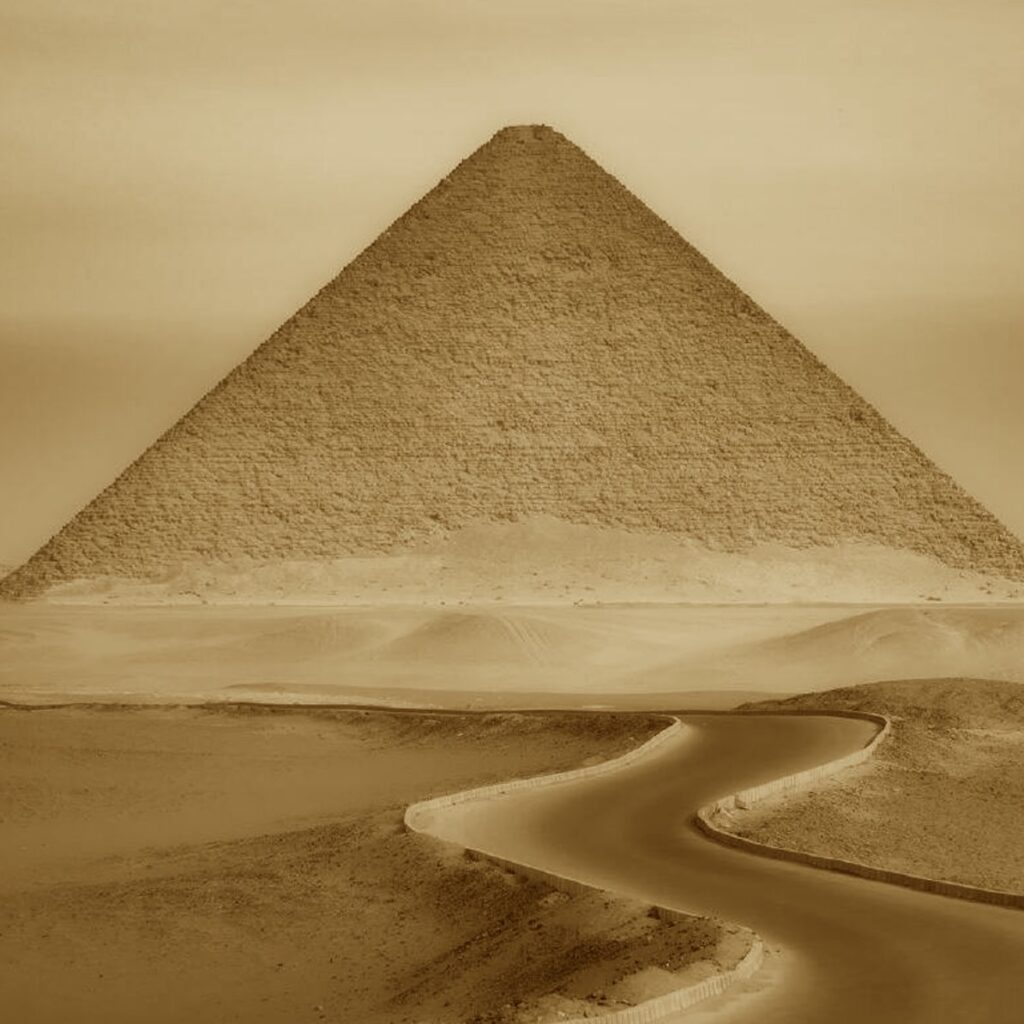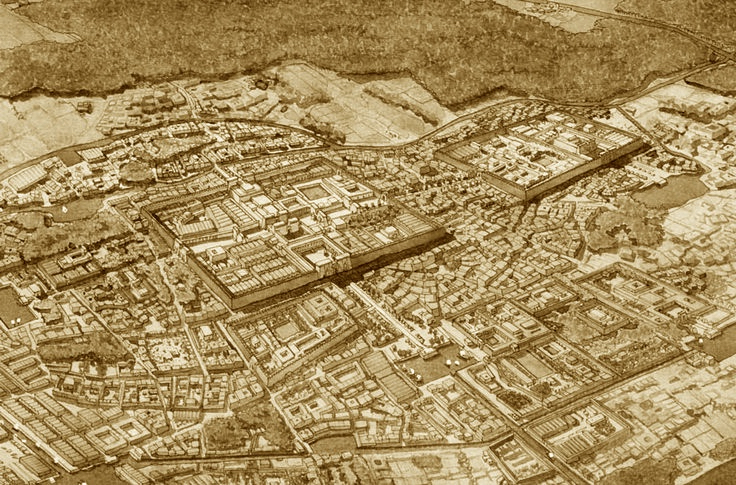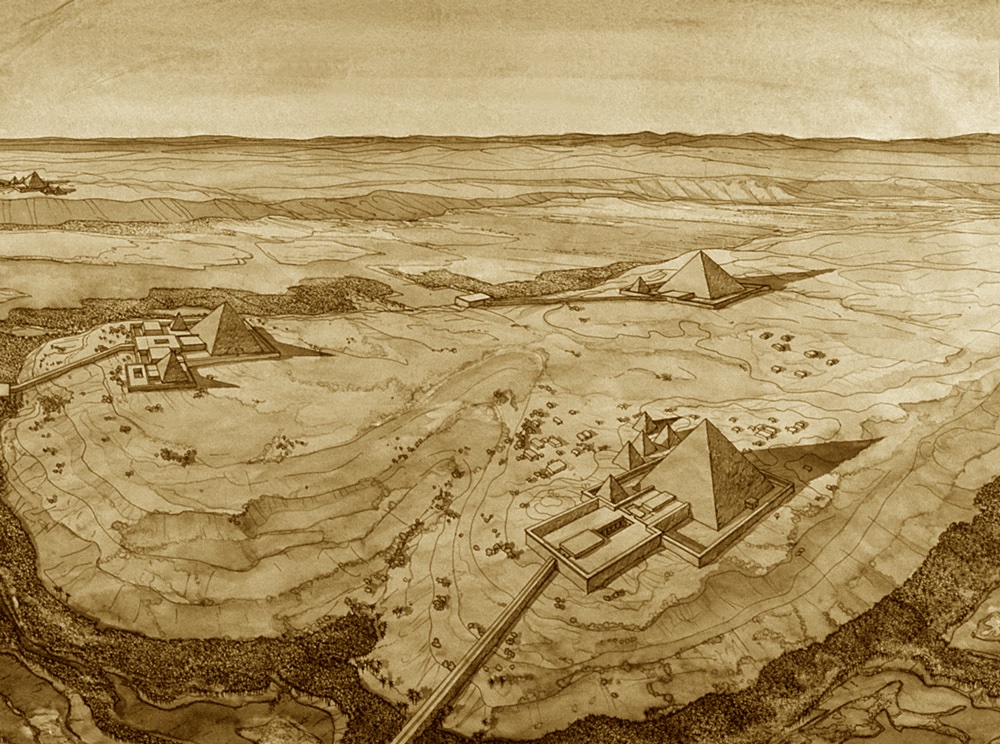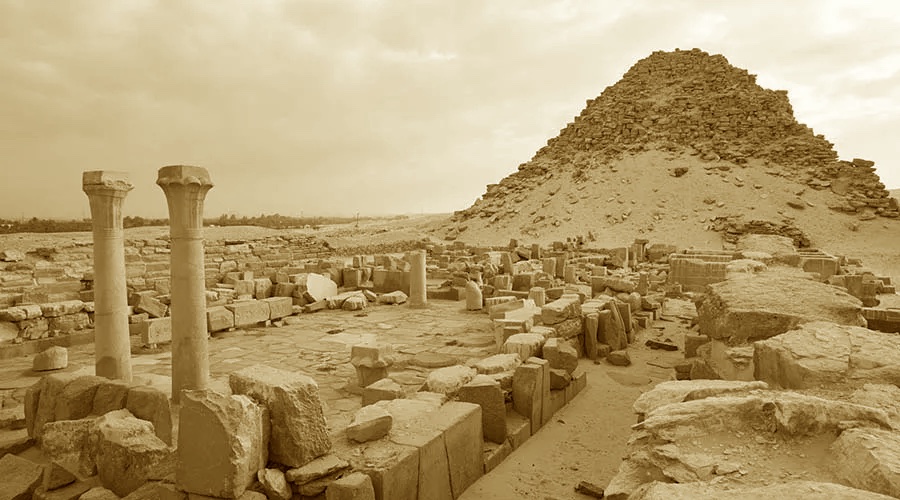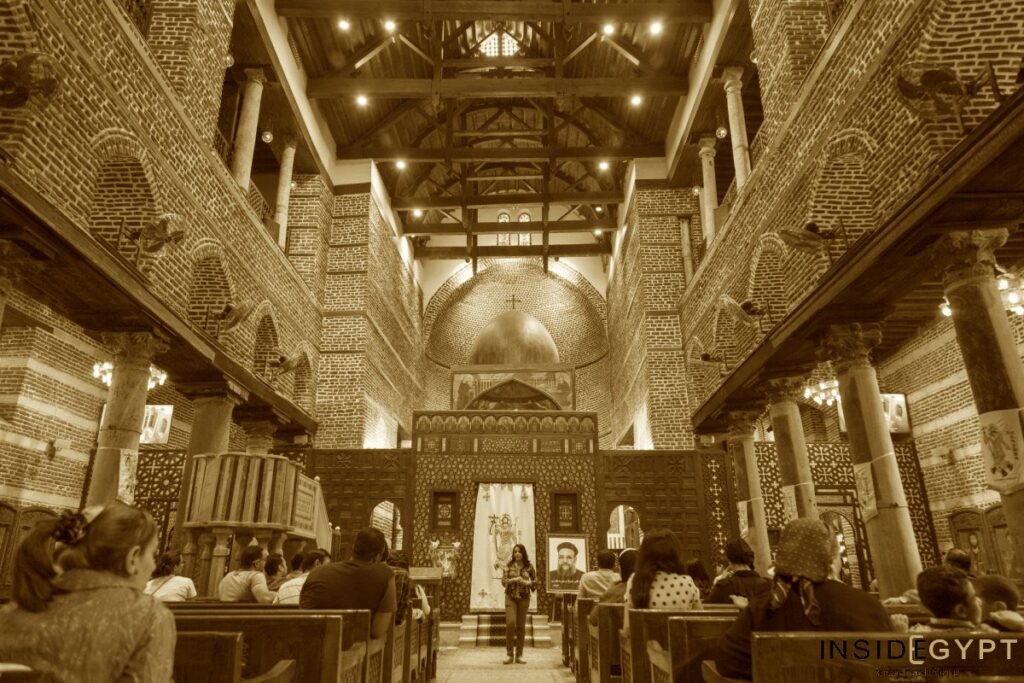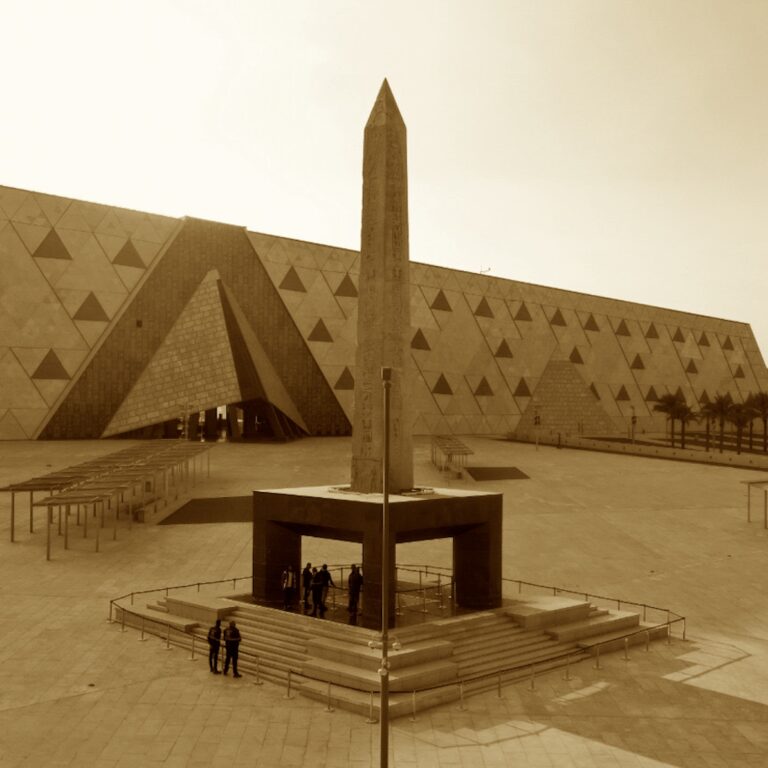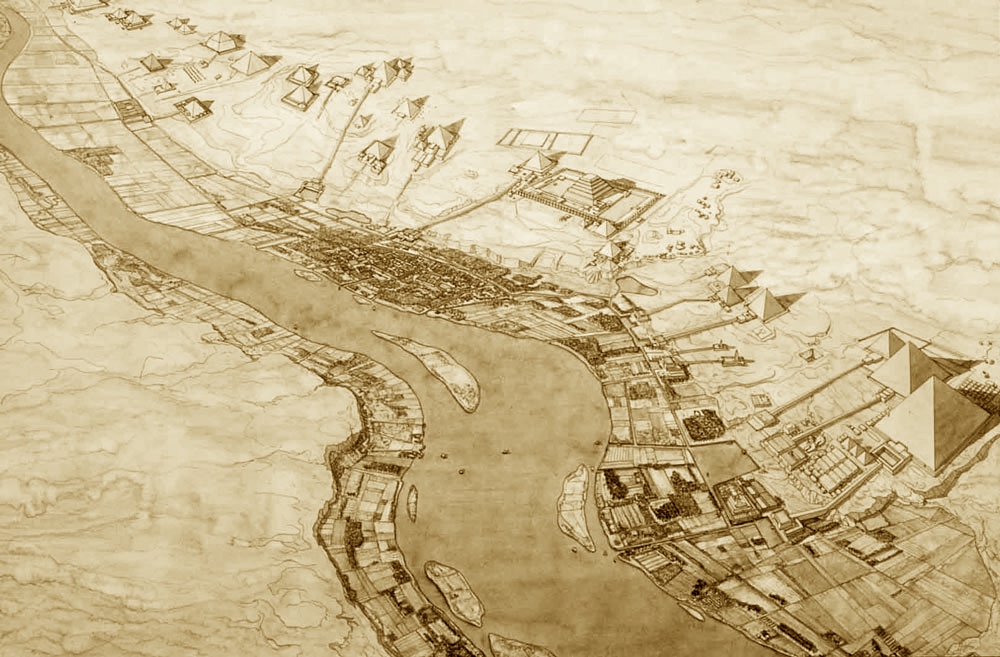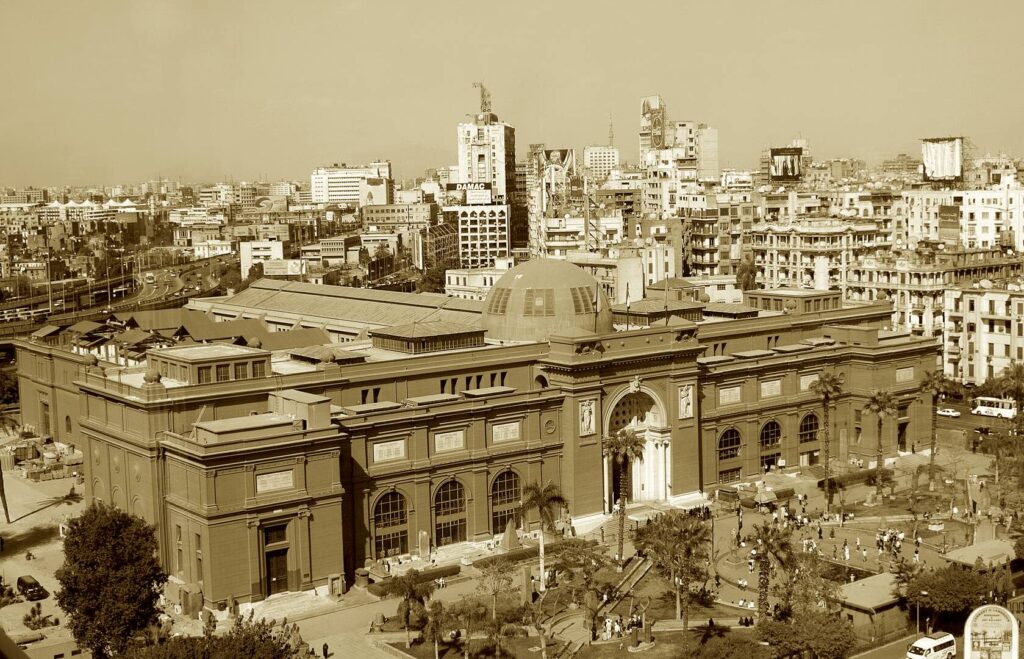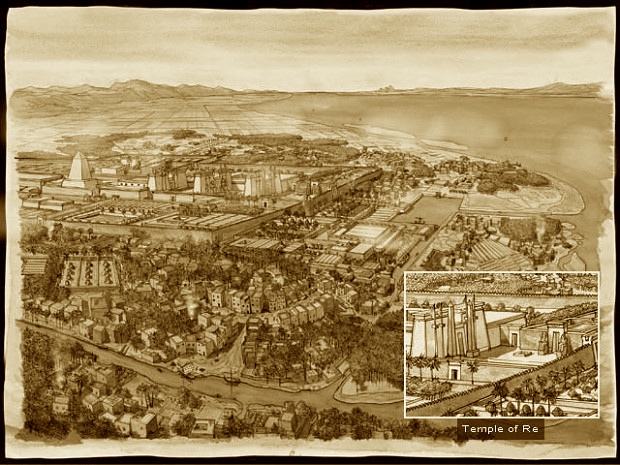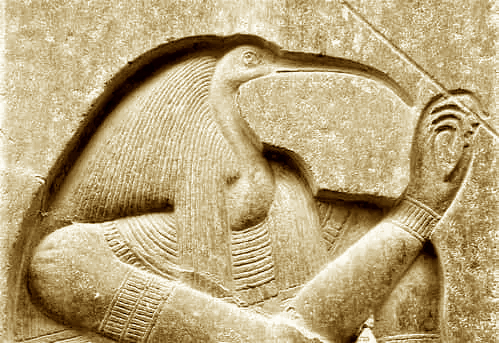Dr. Fayza Haikal
Dr. Fayza Haikal is an Egyptian woman pioneer of archaeology. A University Professor and an Archaeologist, Fayza studied archaeology at Cairo University, and earned her PhD from Oxford University in England. She took part in founding a project to save the monument of Nubia, and established the Department of Egyptology at the American University in Cairo. In the interview, Fayza Haikal talked about her career path and educational journey.
Fayza was born in al-Dokki district, to a father, Dr. Hassanin Haikal, who served as the Minister of Education, and a mother who was involved in charity and social work. Fayza’s mother studied at Christian schools, but did not get to complete her education, and raised Fayza with her four sisters and two brothers. Fayza’s parents mutually agreed on enrolling their daughter into the French Lycée School because it encouraged women’s independence. The school was a girls-only school, run by a French administration, and affiliated with the French government. Despite her foreign education, Fayza grew up in a family that was keen on upholding the Egyptian traditions, and encouraging the children to master the Arabic language. Fayza spoke about her family’s extraordinary attention to education, which she partially attributed to her father, saying, “my late father was ahead of his time in so many things…in his progressive thinking, in his belief in freedom and equality between boys and girls, especially in their upbringing. He believed boys and girls should be raised the same, without discrimination.”
Upon earning her French high-school diploma, Fayza attended university, and chose to study Archaeology at the Faculty of Arts, Cairo University. She recalled that her interest in archaeology was inspired by her visits to museums and monuments with her elder sister, who was a painter and a visual artist. Fayza was interested in literature and arts in general, stating, “I was lucky. God blessed me with a great opportunity to learn. I lived in a house filled with books, and so reading and the love for books became rooted in me.” Fayza also enjoyed practicing a number of sports, such as swimming and handball.
During her first year in college, Fayza obtained an equivalency certificate in the Arabic language to qualify her for university studies. She recalled that only six students were in her class at the Archaeology Department, which facilitated the direct interaction between students and professors. She graduated in 1960, and was appointed as a Teaching Assistant at the Faculty. She also worked at the Antiquities Authority for a year, during which Fayza became the first Egyptian woman to take part in the safeguarding project to save the monuments in Nubia.
After successfully passing her master’s qualification exams, Fayza traveled to Oxford, England, for four years to work on her doctorate dissertation. A master’s degree was not a prerequisite since Fayza was granted a fellowship. She was the first Egyptian and Middle Eastern woman to study archaeology at Oxford University, and the first to earn a PhD in archaeology. At Oxford, Fayza resided in the house of an English professor who taught at the same university, and they became friends soon after.
Fayza described her travel experience, to Nubia for work, then to England to study, as transformative of her character, and the inspiration for her independence. She had to face life’s hardships on her own, especially since her father had passed away a year into her university studies. Fayza believed that every girl should have the chance to live on her own before getting married, because such an experience will help her become a strong independent woman, stating, “you must be strong and independent, while also being flexible. How would you be strong and independent if you have not experienced any of life’s responsibilities? You must get the chance to learn to be responsible for yourself.”
In 1965, Fayza earned her PhD, and returned to Egypt to resume her teaching post at Cairo University, where she pursued an academic career until becoming a Full Professor of Archaeology in 1984. During these years, the Department of Archaeology at the Faculty of Arts developed into a Higher Institute, then into the Faculty of Archaeology, completely independent from the Faculty of Arts. Fayza recounted her professor’s great support and motivation for her work, which she relayed to her students, saying, “I treated my students the same way I was treated, and that is why I have a wonderful relationship with my students at Cairo University. I consider them my children, and when children grew, we must befriend them.” In 1984, Fayza worked on a secondment at the American University in Cairo for five years, during which she established the Department of Egyptology. After fulfilling her secondment, she decided to continue teaching at the American University, yet maintained a strong connection with her colleagues and students at Cairo University.
In the interview, Fayza recounted that while studying for her PhD, she traveled to work on the papyri at the Louver Museum in France, where she met her husband Dr. Mohamed Abd al-Haleem Mahmoud, who worked at the Ministry of Foreign Affairs. They got engaged in France, and married in Cairo, then had a son and a daughter. She lived in Guinea for three years because of her husband’s work responsibilities. Unfortunately, he died at a young age, and Fayza had to bear the responsibility of raising the children on her own. Fayza also spoke about her relationship with her father-in-law, Sheikh Abd al-Haleem Mahmoud, who served as the Grand Imam of al-Azhar. For Fayza, Sheikh Abd al-Haleem was as an influential father figure, saying, “I learned a lot from him, everything I did not get the chance to learn from my father whom I lost at the age of 18. He had self-respect, confidence, and a very strong faith. He was generous, and everything he owned, his house, everything was to the people. I learned that from him.”
Fayza expressed her admiration for the Egyptian feminist movement, and for the Egyptian women in general. She attributed the contradictions in the Egyptian society to the absence of critical thinking, saying, “the only way to become a better human being is to think critically. You must be able to respect yourself, and to think critically.”
Fayza Haikal asserted her pride in being an Egyptian woman pioneer in the field of archaeology, and in being raised to idolize work. She described her interest in education and knowledge as a lifelong passion, saying, “I wish everybody would teach their kids to be curious, not just about the field of their specialization, but curious about everything. To love to learn and to know is to be in a constant state of joy and wonder. I am always learning something new. Now, at my age, I still feel the joy and wonder when I see and learn things that I know nothing about. I enjoy it. As long as we still desire to learn, we are still alive. I consider them dead those who do not have any desire to learn. You begin to age when you stop learning, and when you no longer want to know anything.”

